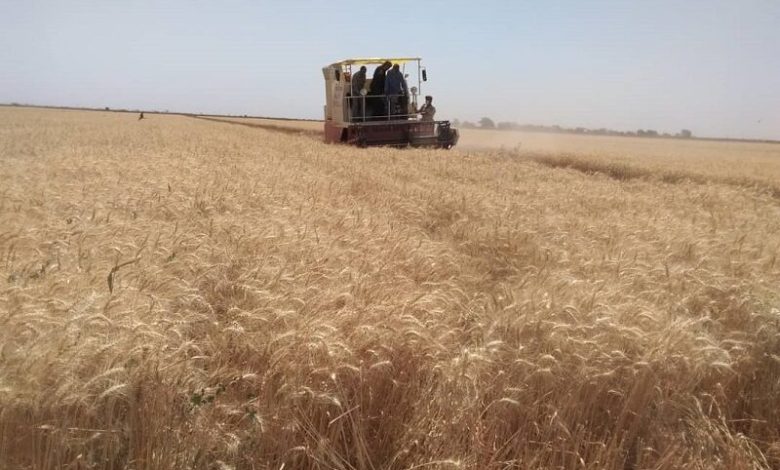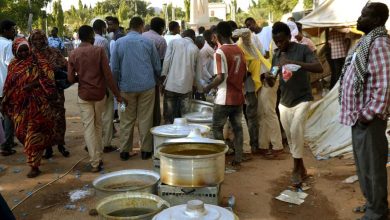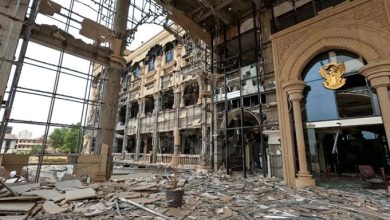Winter Crop..Risks and Warnings

Report by Nahid Oshi
With the shift of the war square to central Sudan (Gezira State), the economic crisis expanded, as the winter crop failed. The Gezira Scheme alone contributes 75% of the winter crop in Sudan, according to the statements of economic expert Professor Naji Mustafa, who stressed the importance of the Gezira Scheme and said that if rest of the states produce at their maximum capacity, they will not be able to cover the percentage of the total deficit caused by the recent events with the extension of the war in Sudan and Gezira state.
Winter crop disruption
Professor Naji said that the disruption of the winter crop was caused by several factors, most notably the looting of the Gezira Scheme, where all the infrastructure was looted (although it was scarce), the displacement of farmers, the disruption of financing from local banks, along with the exit of the remaining investment in the state (although it was weak), and the disruption of outlets for selling harvest crops, considering that one of the reasons for the success of the winter season in the Gezira Scheme was the opening of roads and the airport, and the war disrupted those ports and then the escape of the workers working in the project, particularly that agriculture in Sudan is manual.
In addition to the lack of agricultural inputs, such as seeds and fertilizer, provided by local companies and merchants, he said, “All of these reasons contributed to the disruption of the winter season in the Gezira Scheme, and this is a major economic disaster.”
Readiness and impetus
He pointed out that the states are suffering from problems due to the rebellion, such as readiness, impetus, and weak funding due to the war, as in the Al-Rahad, Al-Suki, and Halfa projects.
In addition to the economic problems represented by the high electricity and fuel bills, as in the northern state.
He added that the dangerous thing is that the government will address this deficit through more imports, and this will trigger the collapse of the value of the local currency. The coming period will witness a significant rise in the prices of hard currencies, and this will lead to more inflation, and noting the economic recession that arose due to war, displacement, and plundering.
The country will enter the tunnel of stagflation, which is the worst level the country can witness.
The alarm of danger
The alarm of danger sounded close to the ears of the Ministry of Finance and said that if the Ministry of Finance does not address the matter and change its useless policies, the Sudanese economy is inevitably heading towards disaster.
Lack of funding
Economist Dr. Kamal Karrar said that the expectations of the winter season were disappointing before the war extended to the Gezira State of for many reasons, including the absence of funding according to the announcement of the Board of Directors of Gezira Scheme, in addition to the conditions set by the Agricultural Bank and the neglect of agricultural projects in general in light of the state of non-state that has continued since April, as well as the unrest. Inflation has increased the cost of production, and these exorbitant costs have become a heavy burden on the farms. Consequently, the extension of the war has exacerbated these problems with the state of displacement and lack of security. I do not expect any success for the winter season, and we are promised a severe food crisis and imminent famine.
Security stability
Economist Dr. Haitham Mohamed Fathi pointed out that:
Any production or production cycle, whether agricultural or industrial, requires security and stability for the farmers.
Pointing out that the productive states in Sudan (Gezira, Sennar, and Gedaref) are relied on for much of the winter season’s production, and now these states lack security stability. Therefore, if the matter is not resolved and the government accelerates to restore security and stability to these productive states, there will be a major problem that the country will suffer from this season. There will be a great challenge for Sudan as a country in this year’s winter season.



